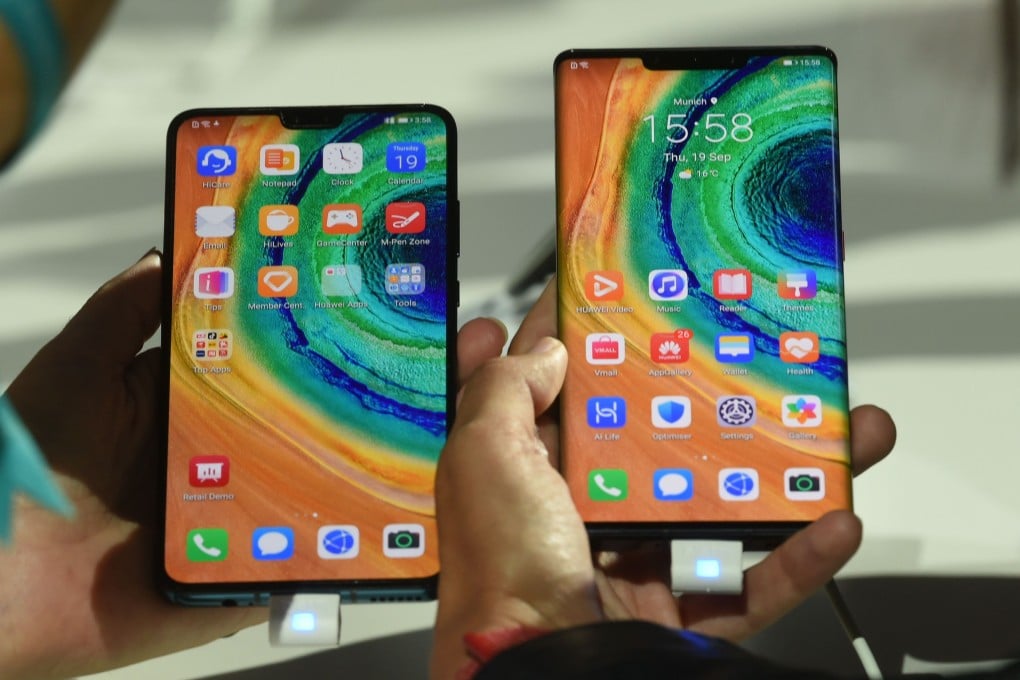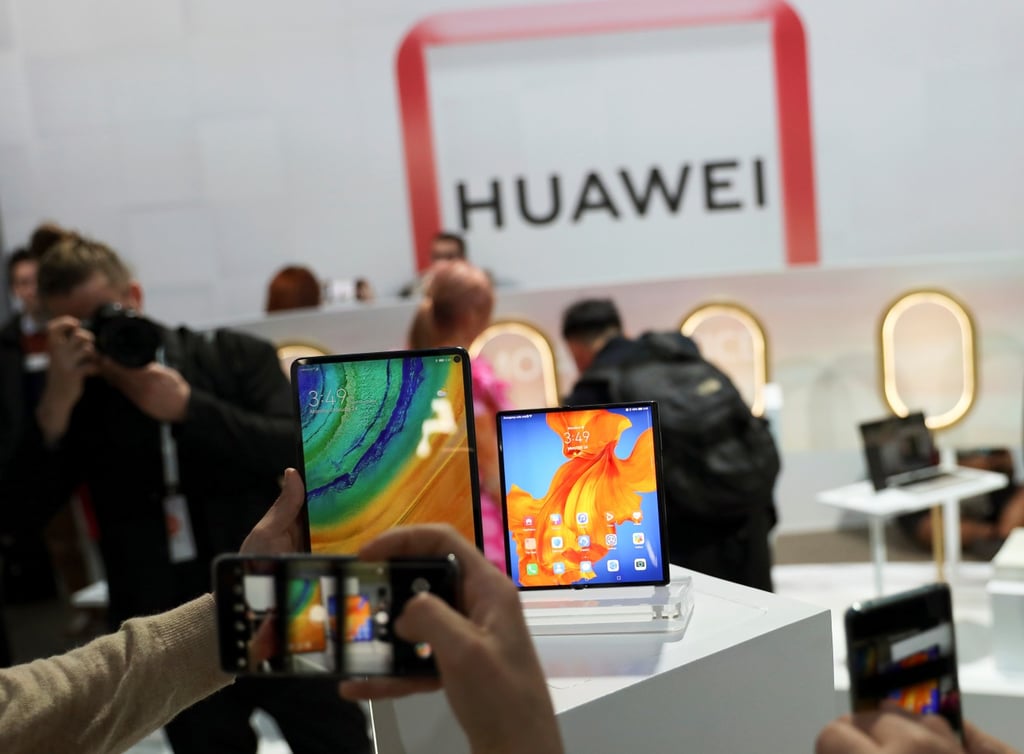Advertisement
Huawei tries to make up for Google’s absence by courting local app makers
China’s biggest smartphone brand has been making deals with partners ranging from India’s Indus OS to Russia’s Yandex
Reading Time:3 minutes
Why you can trust SCMP

This article originally appeared on ABACUS
It’s been 10 months since the US blacklisted Huawei, cutting it off from the Google apps and services that its smartphones relied on. Without apps like Google Maps, YouTube and the Google Play store, Huawei’s new smartphones have been shiny but a lot less useful for people outside China.
But Huawei hasn’t been sitting idly by as competitors gobble up its international market share. China’s largest smartphone brand has been busy pairing up with local players to find a way around the big US app monopolies.
This week, the company reportedly started talking to OSLabs, an Indian system apps company that also makes Indus OS. Huawei is looking to work with the software company to build an Android app store that might appeal to India’s hundreds of millions smartphone users.
Advertisement
The Indus OS app store, called App Bazaar, has more than 400,000 regional apps in local Indian languages. India is now the second-largest smartphone market in the world, according to Counterpoint. Huawei has not confirmed the deal and declined to comment.

Advertisement
Similar moves from Huawei were seen in Russia, where the company is talking to local search engine provider Yandex. In August last year, local media reported that Huawei was negotiating to add Yandex’s voice assistant Alisa to its phones, along with other Yandex apps for music, taxis and news.
But there are doubts that Huawei’s efforts will pay off. IDC senior research manager Kiranjeet Kaur says that Indians, much like the rest of the world, have developed a serious addiction to Google apps.
Advertisement
Select Voice
Select Speed
1.00x